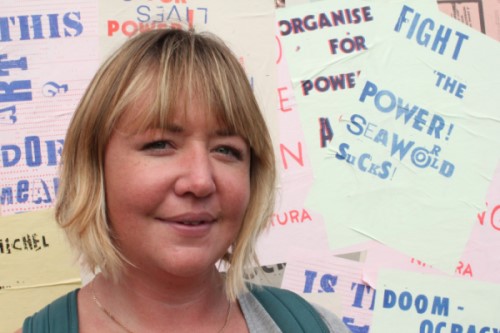This is a post in our series highlighting the units that comprise the MA in Environmental Humanities, taught by members of the Centre.
Environment and History is one of the optional units on the MA Environmental Humanities, and it explores how historians have engaged with environments when telling stories about the past. It asks big, foundational questions like: what is environmental history? When and why did the field emerge? How has it changed over time? In what ways is it practiced differently in different parts of the world and by historians of different time periods?
This is a survey unit designed to introduce students to the historiography of environmental history. It’s a perfect introduction to the thriving field for those keen to explore how environment and history connect, and allows students who may have encountered EH ideas or texts to explore in more depth. We cover key debates that have driven the field forward; identify major trends and concepts; and think critically about where the scholarship might go next. The unit encourages students to connect issues encountered here with other areas of interest, in the degree and beyond. It’s a seminar-based unit, so we meet weekly to talk it all over and share ideas. For their assessment, students write an essay making a persuasive historiographical argument using evidence from secondary sources.

We spoke to the unit convenor, Dr Marianna Dudley about what she is looking forward to when teaching Environment and History:

What excites you most about this unit?
Every year this unit reminds me of why I’m an environmental historian! The range of ideas, approaches and writing that environmental historians have produced never fails to get me excited about the field all over again. It also really useful to do a historiographical unit like this to lay solid intellectual foundations that students can build on, and many go on to take other environmental history units that we offer to deepen their knowledge and apply it to their own research. I love being a part of that journey.
How does this unit speak to your research?
I am currently writing a history of renewable energy in Britain, and I get to explore this topic with students in weeks where we look at Energy and Technology, and Water, as areas of really interesting scholarship. For example, energy history doesn’t have to be written with through an environmental lens, and lots isn’t. But when we factor in the current climate context, we start to explore what an environmental history approach can open up, in terms of research questions, narratives, and audience engagement.
If you were recommending one thing to read, watch, listen to or do ahead of studying this course, what would it be?
Just one?! I would read Orwell’s Roses by Rebecca Solnit, which explores how George Orwell drew solace and inspiration from his garden.
Environment and History is an optional course on our new MA in Environmental Humanities. You can find out more about the programme here.

